Industry information
Company News
- Fluorocarbon baked paint aluminum veneer: creating a modern architectural trend
- Fluorocarbon aluminum veneer: the "fashionable coat" of modern architecture
- Craftsmanship and unique baking paint aluminum veneer, the fashionable new favorite of modern architecture
- Painted aluminum veneer, the new darling of home decoration!
- Aluminum veneer: making buildings stronger and safer
Industry dynamics
- What is the anti mold performance of aluminum veneer?
- Fluorocarbon baked paint aluminum veneer: the new favorite of aluminum materials, a new chapter in architectural aesthetics
- Aluminum veneer: the fashionable outerwear of modern architecture
- Customized service advantages of aluminum veneer manufacturers
- Aluminum veneer: the new darling of industrial aesthetics, what do you know about it?
Frequently asked questions
- Has the production process of aluminum veneer reduced water resource consumption?
- What is the thermal conductivity of aluminum veneer?
- Can aluminum veneer be customized?
- How many color and texture options are available for aluminum veneer?
- Can the insulation function of aluminum veneer reduce indoor noise?
contact us
Mobile:+86 15627778610
Email: 2201229786
Address: No. 5 Binjiang Road, High tech Zone, Zhaoqing City, Guangdong Province
The environmental advantages and sustainable development of aluminum veneer
- Author: Supreme Building Materials (Guangdong) Co., Ltd
- Release time: March 8, 2025 01:04:44
- Click:0
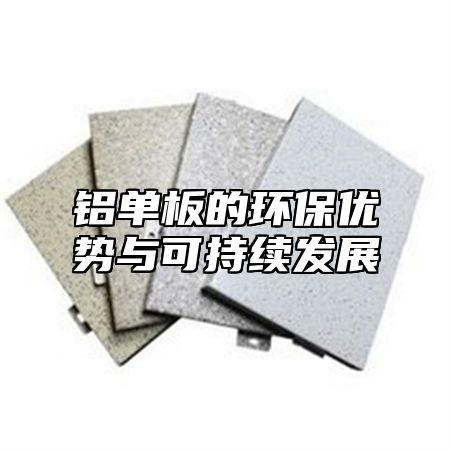
Aluminum veneerAs a lightweight and high-strength building material, its application in exterior wall decoration of buildings is becoming increasingly widespread. In addition to its inherent performance advantages, aluminum veneer also has environmental and sustainable development advantages. The following will provide a detailed introduction to the environmental advantages and sustainable development of aluminum veneer.
1、 Environmental advantages
1. Materials can be recycled and reused
The main raw material for aluminum veneer is aluminum, which is a metal material that is very easy to recycle and reuse. Compared with other building materials, the production process of aluminum veneer has a smaller impact on the environment and is also easier to recycle and reuse during use.
2. Energy conservation and environmental protection
Aluminum veneer has good thermal insulation and thermal insulation properties, which can effectively reduce the energy consumption and carbon emissions of buildings. Aluminum veneer also has moisture resistance, fire resistance, and corrosion resistance, which can extend the service life of buildings, reduce maintenance costs, and energy consumption.
3. Non toxic and harmless
The production process of aluminum veneer does not produce harmful substances and pollutants, and does not cause pollution or damage to the environment. Moreover, aluminum veneer does not produce harmful gases or waste during use, and is not harmful to the environment and human health.
2、 Sustainable development
1. Utilization of renewable resources
Aluminum is a highly renewable metal material that can be recycled. Compared with other non renewable materials, the production process of aluminum has a smaller impact on the environment and is also easier to recycle and reuse during use. This is in line with the concept of sustainable development and beneficial for protecting the environment and resources.
2. Low carbon emissions
The production process of aluminum veneer requires the use of energy such as electricity, but compared to other building materials, the carbon emissions generated by the production process of aluminum veneer are relatively low. Aluminum veneer also has good energy-saving effects during use, which can effectively reduce the energy consumption and carbon emissions of buildings.
3. Strong plasticity
Aluminum veneer can be customized according to different architectural design requirements to meet the requirements of different building styles and usage environments. Aluminum veneer can also be combined with other materials to achieve more complex and diverse design effects. This is beneficial for improving the adaptability and sustainability of buildings.
Aluminum veneer, as a lightweight and high-strength building material, has the advantages of environmental protection and sustainable development. By selecting appropriate aluminum veneer materials and construction methods, a more environmentally friendly and sustainable exterior wall decoration effect can be achieved. With the continuous advancement of technology and the increasing demand for environmental protection and energy conservation, it is believed that aluminum veneer will play a more important role in the future development.

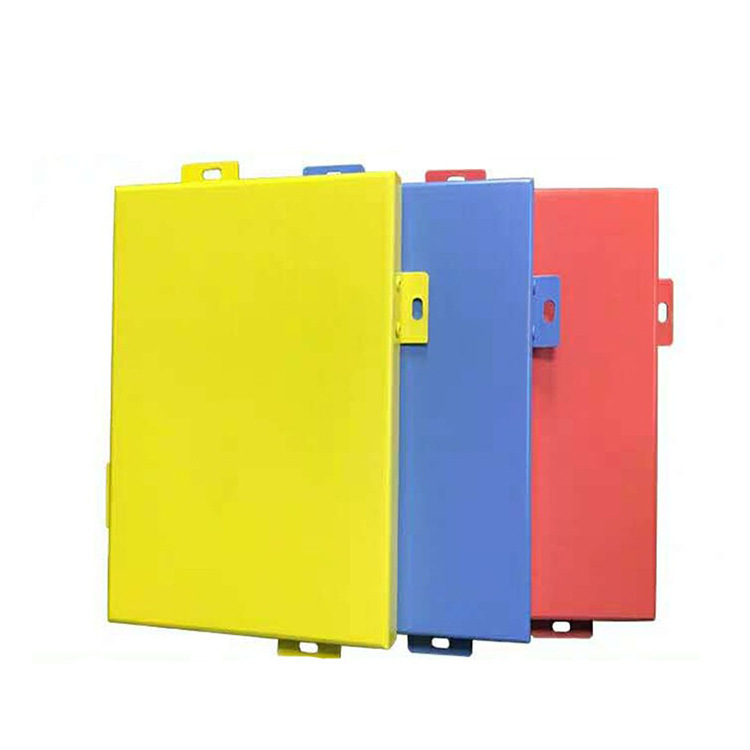
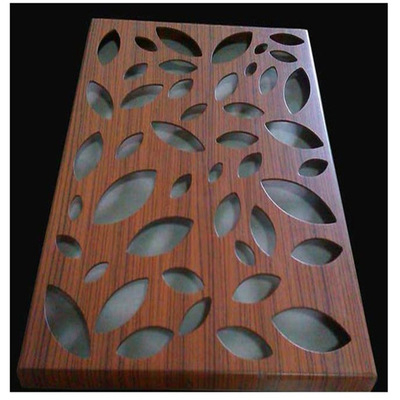
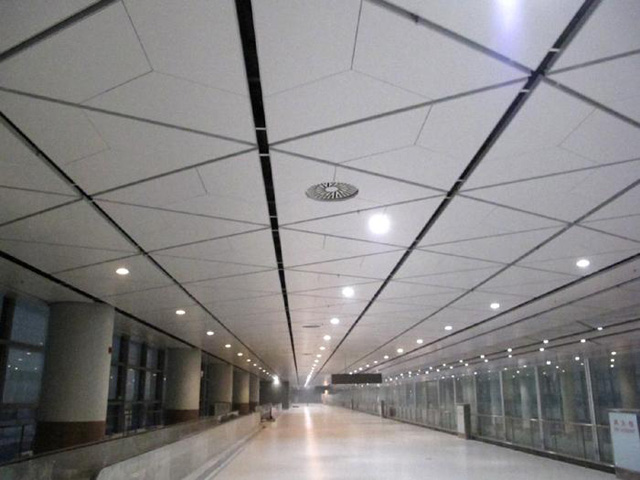
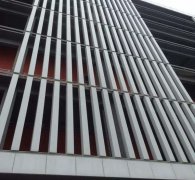
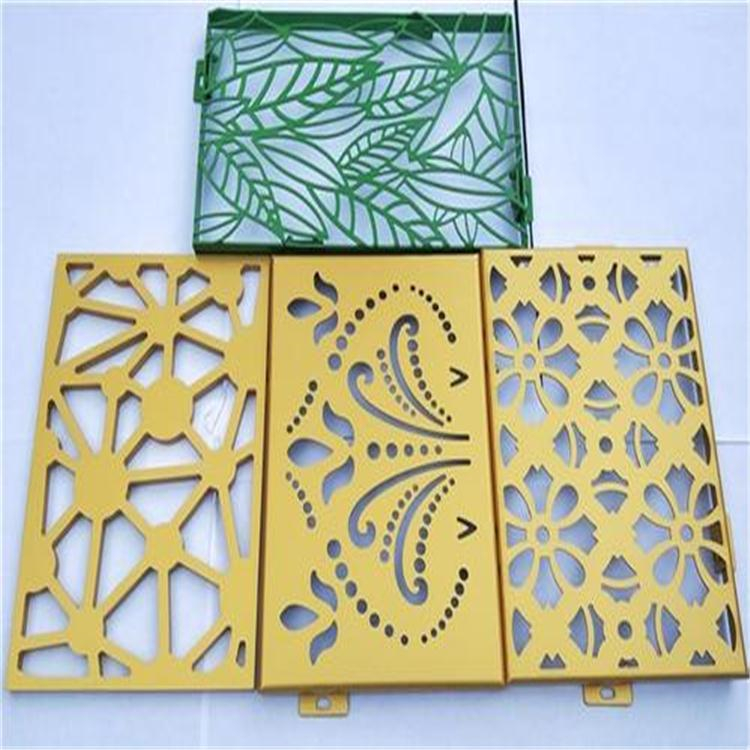
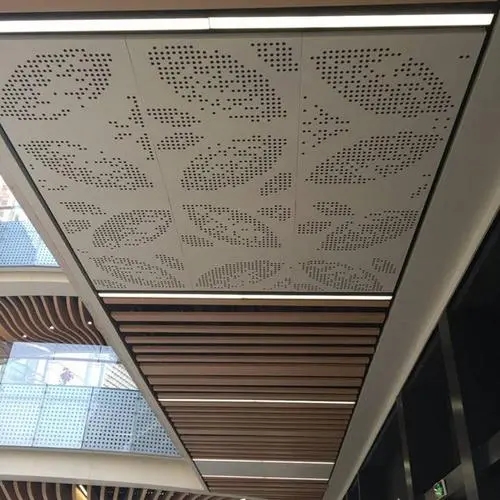
 Customer service QQ
Customer service QQ